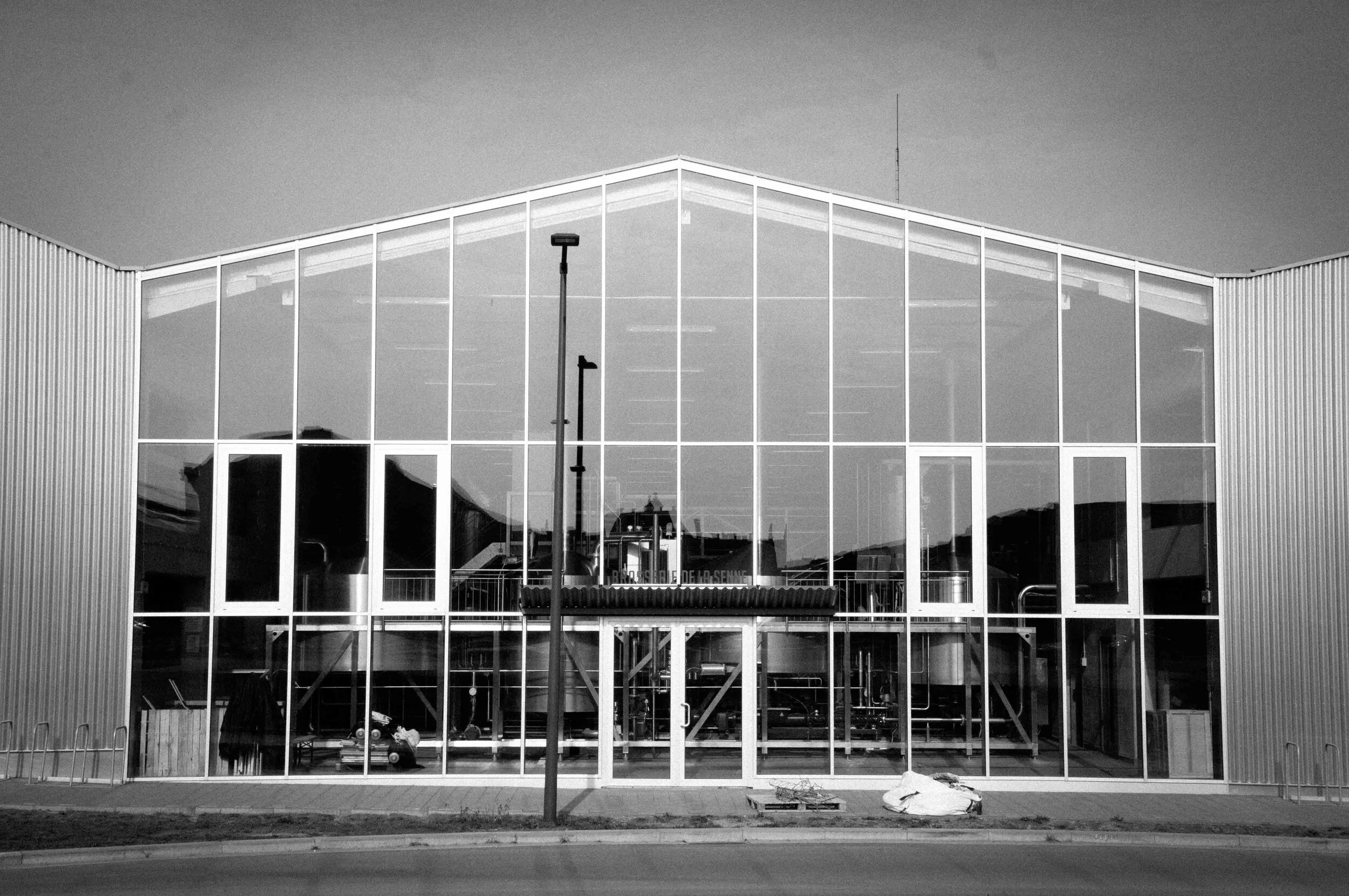A History of Brussels Beer in 50 Objects // #27 Rue Brederode
Find out more about Brussels Beer City’s new weekly series, “A History Of Brussels Beer In 50 Objects” here.
Object #27 - Rue Brederode
20th century
Business Life
Brussels’ interwar brewing boom didn’t restrict itself to the Belgian capital’s borders. Potential investors also looked further afield, to Belgium’s central African colonies.
The Belgian state took control of the Congo in 1908, following the exposure by Roger Casement of the pervasive brutality and human rights violations of King Leopold II’s privately-owned Congo Free State. The Belgian state imposed an extractive colonial economy on the region. By the early 1920s the financial backers of Belgian colonialism began investing heavily in industrial development, to circumvent the cost of shipping goods from Europe and to undercut imports from colonial rivals.
Brasseries Katanga in Elisabethville (now Lubumbashi), was established in 1923 by the eponymous region’s wealthy mining companies to replace the German beer mine workers had been drinking with a locally-made, Belgian-owned alternative. In October of the same year Brasserie de Léopoldville was founded in the capital Léopoldville (now Kinshasa), and by 1927 the Léopoldville brewery was selling 815,500 beers, with Primus as its flagship brand.
But the profits of these sales of Primus didn’t stay in Léopoldville, instead being siphoned back to Belgium to its main shareholder, Brussels’ Banque de Bruxelles. Similarly, Brasseries Katanga was backed by the Compagnie du Congo pour le Commerce et l'Industrie (CCCI), the colonial investment arm of the Société Générale de Belgique. The Société Générale was Belgian colonialism’s “great vampire squid”, whose avaricious tentacles held the Congolese economy in an asphyxiating grip, controlling the market in diamonds, copper, radium - and beer.
Brewing was a successful investment. In 1952 Brasseries Katanga were paying out 562m Francs in dividends. Most of this money would have made its way back to the CCCI’s headquarters at 13, Rue Brederode. Taking up almost an entire block, it stood at a nexus of Belgian colonial capitalism. Nearby buildings housed the Banque d’Outremer, a significant colonial investment vehicle, the Banque du Congo Belge, and the Banque Belge d’Afrique. Across the street was the Chalet Suisse, which previously housed the administration of Leopold’s Congo Free State, and behind the chalet was Brussels’ royal palace. A short walk downhill was the Ministry of Colonial Affairs, and further along Société Générale’s headquarters.
In the 1950s another Société Générale-backed brewery (with investment from Belgium’s Brouwerij Haacht) from Stanleyville (now Kisangani) sought to challenge Primus’ dominance of Léopoldville. Brasseries du Congo, or Bracongo, were known for the slender green bottles of their Polar brand. In September 1957 Bracongo hired a former postal worker recently-released from prison following an embezzlement conviction to help sell them. Patrice Lumumba not only grew Polar’s business in the capital, he also used his salesman skills and his client network to advocate for Congolese independence.
When Lumumba quit Bracongo in 1958 to focus on politics, his former customers became locations for meetings and rallies where attendees would ask not for a Polar but “‘Pesa ngai Lumumba’ (‘Give me a Lumumba’).” Two years later, the former beer salesman found himself in Brussels, a stone’s throw from Rue Brederode in Leopold’s royal palace, demanding Congolese independence.













